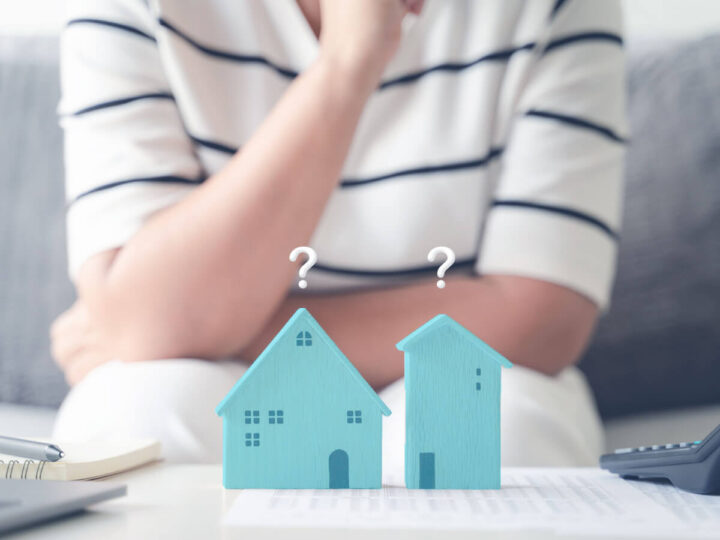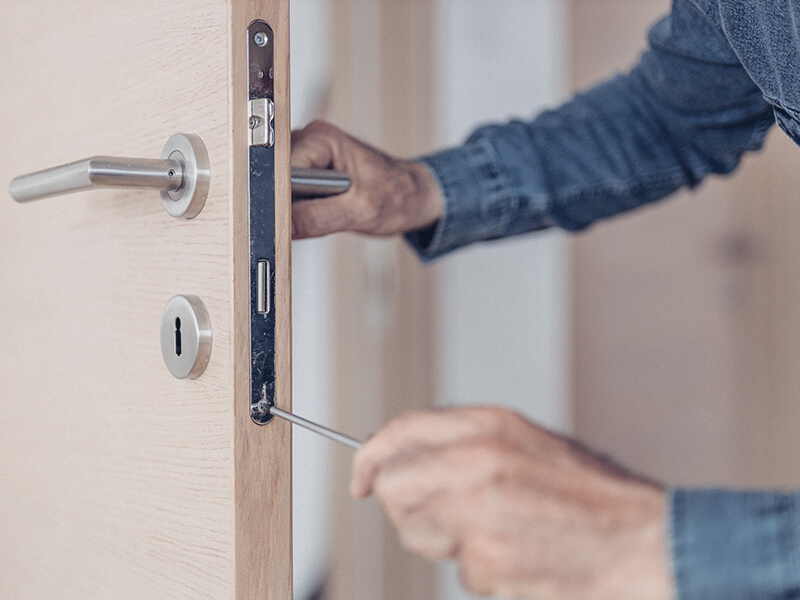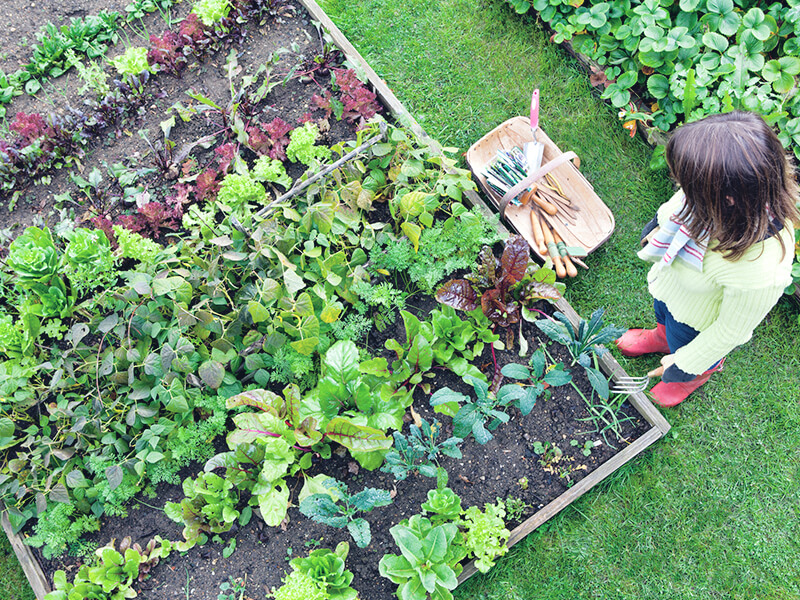September 28th, 2022
5 questions you need to ask before signing a lease
Tips & How to's
Tips & How to's

Renting is a right of passage for many young people and is one of the best experiences you can have when you first leave home. Whether you’re on your own or sharing a house with friends, moving into your first rental property is one of life’s great moments — and often the beginning of many more.
Unfortunately, there is little in the way of advice out there for first-time renters, and it can feel overwhelming trying to figure out what you need to know before moving into your first rental home and what you are allowed to do once you’re there. That’s why we’ve come up with this simple guide, which answers five of the most common questions you might have as a renter in Australia.
Once you have signed a lease or rental agreement, you will need to pay a bond, which is a security deposit, prior to moving in. The bond is held for the duration of your tenancy and is used to cover the cost of any damage that may occur to the property while you are living there – although this can only happen following your final property inspection, and if there is evidence that you have caused the damage.
Legally, your Property Manager must lodge your bond with the state’s bond authority, which will hold it until the end of your tenancy. In all Australian states, a bond cannot be more than four weeks’ rent, except in Queensland, Victoria and Western Australia, where the bond must be negotiated between the Property Manager and the tenants if the weekly rent on the property is more than $700 (QLD) $900 (VIC), or $1200 (WA).
At the end of your tenancy, assuming no damage has occurred and you have no outstanding unpaid bills, you will need to complete a bond claim form to have your bond returned from the Bond Authority.
We all leave our keys at home from time to time and while it can be frustrating, it isn’t the end of the world. Your best course of action in the first instance is to keep a spare key either hidden in a secure location on the property or in the care of a close friend who you can collect it from. However, for security reasons, you need to inform your Property Manager if you make a copy of any key.
If you do have a spare key made, your Property Manager might request that you leave it in their care and not hidden or kept with someone else. In this case, you should always ask your Property Manager for an emergency phone number that you can use to reach them on at any time of the day in case you should ever need to collect the spare key.
Finally, if you don’t have a spare key (or it gets lost) then you will need to call a locksmith to let you back into your rental and will have to cover the cost of the callout yourself.

The one question that first-time renters always have is how much can they decorate, or more specifically, are they allowed to hang pictures on the walls of a rental? Many new renters have been led to believe that hanging picture frames on the walls will lead to them being immediately evicted, and while it isn’t that serious, it is generally discouraged by most Property Managers.
With that said, some Property Managers will allow it so long as you fix any holes in the wall and return them to their original state prior to moving out—but this is a conversation you will need to have with your Property Manager first.
Even if you can’t hang traditional picture hooks, you can easily pick up adhesive picture hangers from a hardware store that won’t damage the walls or leave behind any residue, and this is often the best option for renters.
Whether it’s food or flowers, growing a garden can be incredibly therapeutic and is one of the best ways to make a rental property feel like home. However, whether or not you can grow a garden will depend first of all on whether there is a garden plot in your rental property to begin with. If not, chances are, your lease agreement will restrict you from building one in the backyard. Unfortunately, you will just have to make do with indoor plants and pot plants on the balcony.
However, if there is a garden on the property, you will just need to speak with your Property Manager to find out whether you are allowed to use it. Some Property Managers will allow tenants to maintain the garden but not make any changes or grow their own plants, while others will be happy to let you treat it as if it were your own home, provided you make no major alterations to the property or landscaping.

Besides being able to grow a garden or hang your own art on the walls, one of the major things that separates living in a rental from a home that is truly yours is the ability to have pets. In other parts of the world, it is more or less assumed that you can keep pets as a renter but in Australia, it is usually left up to the judgment of the Property Manager and the landlord.
Although there is no law preventing you from owning a pet as a renter, most rental listings you see online will state “pets are not allowed” in order to discourage people with pets from applying. Many leases will stipulate this also, and so by signing the lease, you are legally bound to not keep a pet while you are a tenant in that home.
If your rental is in a building that is under strata title, the building may have by-laws that do not allow you to keep pets, but only in cases where it would unreasonably interfere with or impact other occupants of the building.
However, if you have a good relationship with your Property Manager, you can always ask if it is possible for you to get a pet. If your Property Manager agrees to let you keep a pet, they may ask you to pay a pet bond, although you should note that Western Australia is the only state where they can legally ask this and the cost of the bond may not exceed $260.
As a tenant, there are some responsibilities you need to keep on top of, such as rental payments, and information to be aware of, such as inspections and notices.
While your Property Manager will keep you aware of most of these, it’s easy to miss emails and dates can slip your mind. However, in today’s digital age, there are now apps like PropertyMe’s Mobile App that can bring everything you need straight to your phone.
Renting can be an exciting and nerve-racking experience in equal measure but it doesn’t have to be difficult. With PropertyMe’s mobile app, renting has never been easier. View upcoming rent payments and inspection dates, submit a maintenance request, or even chat directly with your Property Manager – it’s all there on your phone.
To learn about the PropertyMe mobile app and what it can do to help you, head on over to the PropertyMe website for more information.